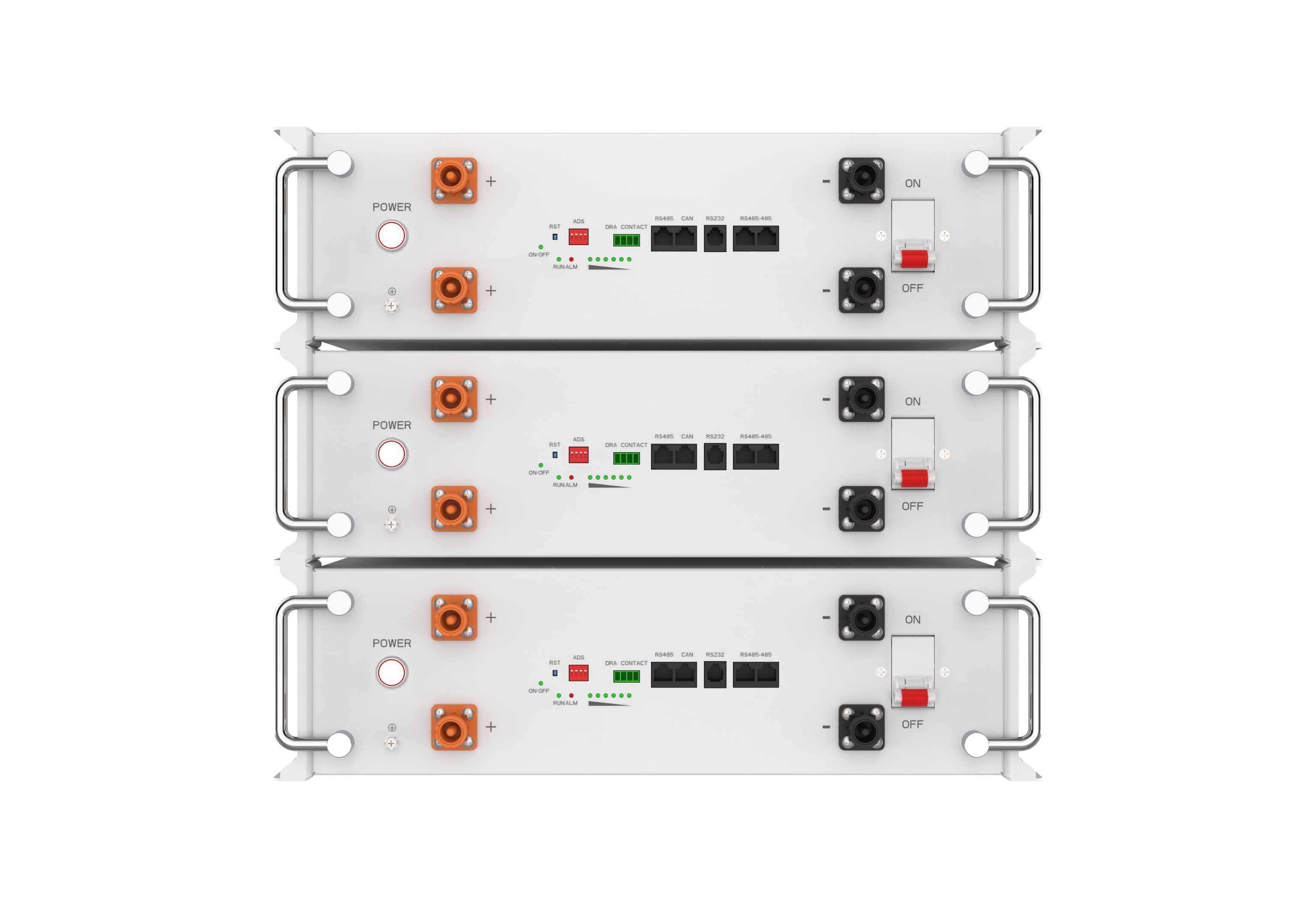Revolutionizing Energy Storage: The Power of Lithium-ion Batteries and LiFePO4

In recent years, the demand for efficient and sustainable energy storage solutions has soared. As we strive to reduce our dependence on fossil fuels and combat climate change, the development of new energy storage technologies has become paramount. Among these, lithium-ion batteries and specifically, Lithium Iron Phosphate (LiFePO4) batteries have emerged as promising contenders. In this blog post, we will delve into the world of lithium-ion batteries and explore the unique characteristics and advantages of LiFePO4. 1. Understanding Lithium-ion Batteries: Lithium-ion batteries have gained significant popularity due to their high energy density, longer lifespan, and lightweight nature. These batteries utilize lithium ions to facilitate the movement of charge between the positive and negative electrodes during charging and discharging cycles. The use of lithium as the battery's active material allows for efficient energy storage and discharge, making it ideal for various applications, including electric vehicles, portable electronics, and renewable energy systems. 2. The Rise of LiFePO4 Batteries: LiFePO4 batteries, also known as Lithium Iron Phosphate batteries, have emerged as a breakthrough in the field of energy storage. Their unique composition and properties make them highly desirable for both commercial and residential applications. Unlike traditional lithium-ion batteries, LiFePO4 batteries employ iron phosphate as the cathode material, which offers several advantages such as enhanced safety, thermal stability, and longer cycle life. 3. Advantages of LiFePO4 Batteries: a) Safety: LiFePO4 batteries are inherently safer than other lithium-ion batteries due to their stable chemical structure. They are less prone to thermal runaway and do not pose a significant risk of explosion or fire, making them ideal for critical applications. b) Longer Lifespan: LiFePO4 batteries exhibit a longer cycle life compared to other lithium-ion batteries. They can endure thousands of charge-discharge cycles without significant capacity degradation, ensuring prolonged usage and reduced maintenance costs. c) High Discharge Rate: LiFePO4 batteries can deliver high discharge rates, making them suitable for applications that require power-hungry operations, such as electric vehicles and renewable energy systems. d) Environmental Friendliness: LiFePO4 batteries are considered more environmentally friendly compared to other lithium-ion batteries since they do not contain toxic materials like cobalt. Their composition makes them easier to recycle, reducing the environmental impact. 4. Applications of LiFePO4 Batteries: a) Electric Vehicles (EVs): LiFePO4 batteries have gained popularity in the EV industry due to their safety, long cycle life, and high power density. They offer extended driving range and faster charging times, making them an ideal choice for electric cars and other electric vehicles. b) Renewable Energy Systems: LiFePO4 batteries are extensively used in off-grid and grid-tied renewable energy systems, including solar and wind power installations. They store excess energy during peak generation periods and release it during times of low generation or increased demand, ensuring a stable and reliable power supply. c) Portable Electronics: LiFePO4 batteries find applications in various portable electronic devices such as laptops, smartphones, and tablets. Their high energy density and long cycle life provide extended usage times and reduced charging frequencies.
As the demand for clean and sustainable energy solutions continues to rise, lithium-ion batteries, particularly LiFePO4 batteries, are revolutionizing the energy storage landscape. With their enhanced safety, longer lifespan, and high discharge rates, these batteries are paving the way for a future powered by renewable energy and electric mobility. By harnessing the power of lithium-ion and LiFePO4 batteries, we can create a greener, more sustainable world for generations to come.


